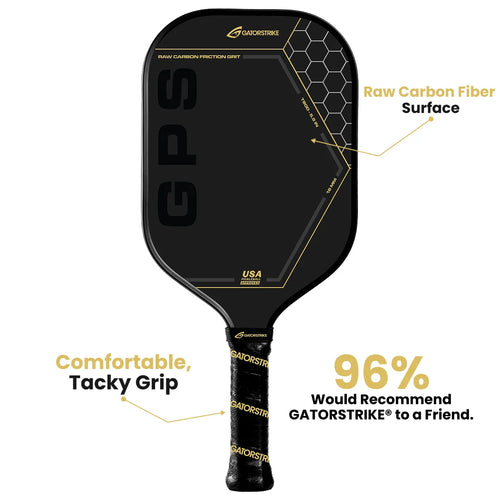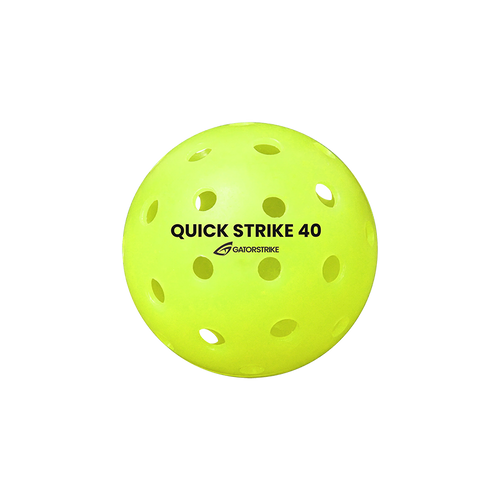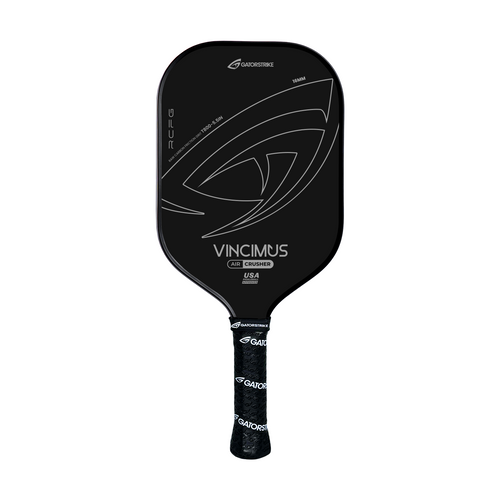
Connecting Through Pickleball: Its Role in Combating Loneliness
Share
Loneliness has become a silent epidemic, affecting millions worldwide. While technology connects us in unprecedented ways, many still struggle with isolation. Enter Pickleball—a sport that’s sweeping the globe with its inclusive and dynamic nature. Beyond its physical benefits, pickleball is proving to be a powerful antidote to loneliness.
The Isolation Dilemma and the Pickleball Solution
Loneliness isn’t just a fleeting emotion; it’s linked to adverse mental and physical health outcomes, including anxiety, depression, and even cardiovascular issues. Pickleball, however, offers a unique remedy by fostering face-to-face interactions and building genuine connections.
The game’s accessibility—welcoming players of all ages and skill levels—makes it a melting pot of individuals seeking camaraderie. With every volley, pickleball transforms strangers into teammates, sparking conversations and creating bonds.
The Social Science Behind the Game
At its core, pickleball thrives on community. Small courts and doubles matches create an intimate environment where collaboration is key. Social psychologists refer to this as "micro-community building"—the creation of close-knit groups through shared activities.
Unlike solitary sports, pickleball’s reliance on teamwork encourages communication and mutual respect. These interactions naturally lead to friendships, combating the isolation many feel in their daily lives.
A Game That Bridges Generational Gaps
One of pickleball’s most endearing qualities is its ability to unite generations. Grandparents and grandchildren can rally together on the same court, fostering intergenerational connections. These relationships are not only heartwarming but also play a crucial role in reducing loneliness across age groups.
For older adults, this social engagement is particularly impactful, offering a sense of purpose and belonging. For younger players, the mentorship and wisdom shared by their elders create meaningful bonds.
Inclusivity: Pickleball’s Secret Weapon
Whether you’re a seasoned athlete or picking up a paddle for the first time, pickleball welcomes you. Its easy learning curve ensures that anyone can participate and quickly feel part of the group. Many clubs and communities offer free sessions, ensuring that financial barriers don’t exclude anyone.
This inclusivity fosters a culture of support, making players feel valued and connected—a stark contrast to the isolating nature of many modern pastimes.
Pickleball’s Ripple Effect on Well-being
The connections forged on the court often extend beyond it. Pickleball players frequently form social groups, attend events, and even vacation together. These lasting relationships enrich lives and provide a robust support network.
Moreover, the physical activity involved releases endorphins, the body’s natural mood boosters, further enhancing mental well-being.
A Call to Connection
As loneliness continues to challenge society, pickleball stands out as more than a sport—it’s a community, a conversation, and a cure. Whether you’re seeking companionship, exercise, or just a bit of fun, this dynamic game offers a powerful path to connection.
So, grab a paddle and join the movement. Because in the world of pickleball, no one has to play alone.

















